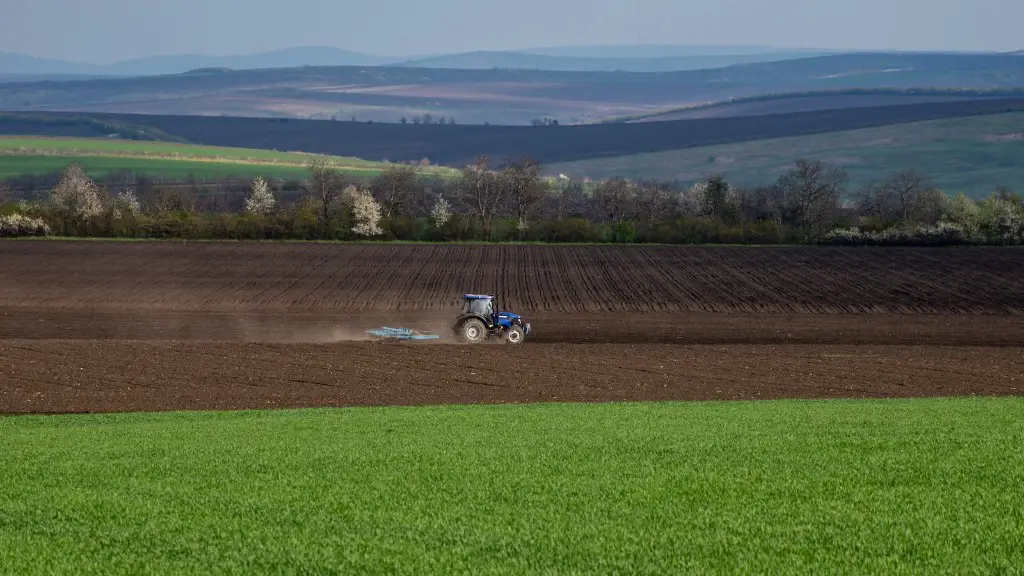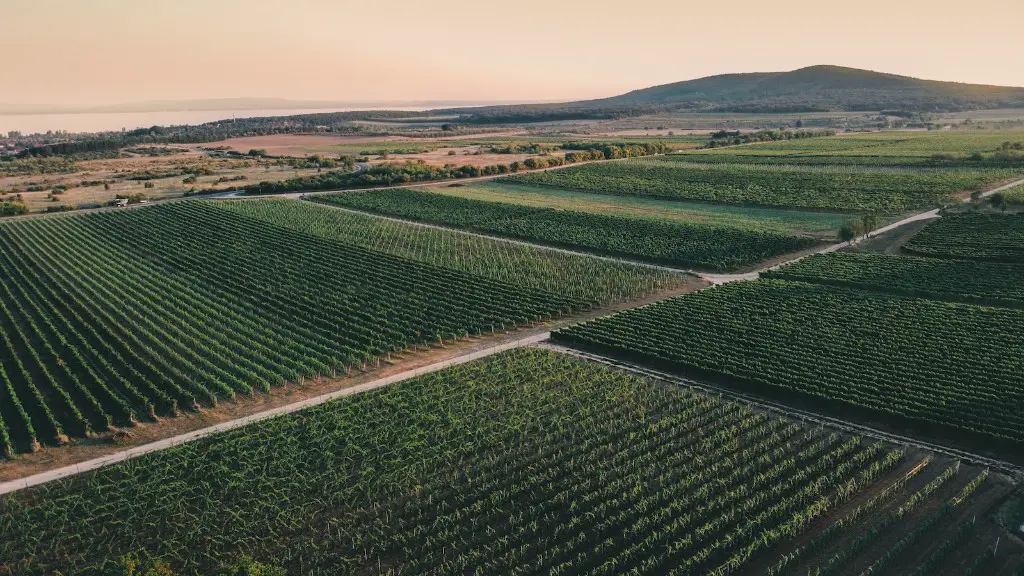The land tenure system in agriculture is a way of managing the resources available to people in a given area. It provides a framework for regulating access to land and other resources needed for agricultural production.It is based on the recognition of particular rights inherent in land ownership, such as the right to cultivate, eat, and benefit from the crops produced on that land. The system is typically defined by local custom, but can be set by the government or other authority.
The benefits of having a land tenure system are many and diverse. It provides stability and security of tenure, by ensuring that those who have the right to use land are not subject to sudden eviction or changes in rules. It can also help to reduce inequality, by ensuring that all users of land have a comparable level of access to resources and rights of ownership. Additionally, it can facilitate the process of land formalization, which can lead to increased agricultural yields, improved access to financial capital, and reduced risk of land disputes.
The land tenure system can also have some drawbacks. For example, it may limit the ability of individuals to sell or transfer land, or to benefit from rental income from the land. Additionally, where existing local rights are not formally recognized or enforced, certain groups may be disadvantaged or excluded from particular benefits of the system. As such, it is important to ensure that any developed land tenure system is equitable and inclusive, taking into account all stakeholders and potential conflicts.
Overall, the land tenure system in agriculture is an important tool for regulating access to land and related resources. It provides much-needed security and stability for farmers, and can also help to reduce inequality and disputes over land. By taking an inclusive and equitable approach, governments and other authorities can ensure that any land tenure system is effective and beneficial for all stakeholders.
What Are the Types of Land Tenure System in Agriculture?
The land tenure system in agriculture typically includes four types of tenure, each with their own set of rights and responsibilities. These include customary tenure, leasehold tenure, freehold tenure, and public tenure.
Customary tenure, also known as customary law, is a system of land tenure based upon local custom and culture, and guided by unwritten rules that have developed over time. Customary tenure gives people the right to own, use, and benefit from land and related resources. In many cases, it also gives people the right to pass this ownership on to their heirs. Leasehold tenure, on the other hand, gives an individual the right to use land without the right to own it. It is usually used when individuals cannot access freehold tenure, and rights are typically agreement-based.
Freehold tenure, also known as private property, gives an individual the right to own land and resources, and benefit from them, including the right to pass them down to their heirs. This form of tenure is typically used for large-scale farming, as it allows for greater economic security and stability. Finally, public tenure is held by public entities, such as the government or local authority, and gives them the right to access and use land for public services and projects.
What Are the Benefits of the Land Tenure System in Agriculture?
The land tenure system in agriculture can provide numerous benefits to individuals, communities, and governments. Firstly, it can provide stability and security of tenure by ensuring that those who have the right to use land are not subject to sudden eviction or changes in rules. Secondly, it can help to reduce inequality by ensuring that all users of land have a comparable level of access to resources and rights of ownership. Additionally, it can facilitate the process of land formalization, which can lead to increased agricultural yields, improved access to financial capital, and reduced risk of land disputes. Finally, it can help to promote sustainable use of land and promote local livelihoods.
How Can the Land Tenure System Improve Agricultural Production?
Having a secure and respectful land tenure system can have a number of benefits for agricultural production. Firstly, it can encourage investments in agricultural production and create a healthier economic environment for farmers. Having a secure land title can also open up access to credit, allowing farmers to purchase new equipment, invest in specialty crops, or even start up new enterprises. Additionally, it can create a sense of stability and security within the community, allowing farmers to plan for the long-term and better manage risks associated with land management. Finally, having a secure land tenure system can also help to protect local ecosystems, as farmers are more likely to protect their land and resources if they know they have a secure right to them.
What Is the Role of Government in Regulating the Land Tenure System?
The government has a role to play in regulating the land tenure system in agriculture. The government may take an active role in ensuring the equitable distribution of land and resources, with particular attention to ensuring that all stakeholders have access to the benefits of the system. Additionally, governments may set laws that define and enforce the rights and obligations of parties to the land tenure system, including protecting the rights of minority and vulnerable groups. Finally, governments may act as custodians of public lands, managing the resources on behalf of the public.
How Can the Land Tenure System Help Improve the Environment?
The land tenure system in agriculture can have a number of benefits for the environment, particularly when it comes to promoting and protecting natural resources. By providing individuals and communities with greater security of tenure, it can help to reduce pressures to over-exploit resources. It can also encourage better land management practices and lead to greater sustainable use of resources, as farmers are more likely to protect their land and resources if they know they have a secure right to them. Additionally, the land tenure system can help to reduce land disputes and open up access to financial capital and technology needed to improve agricultural yields.
What Are the Challenges Faced by the Land Tenure System?
Despite the many benefits of having a secure land tenure system, there are also some challenges and concerns that should be taken into consideration. Firstly, the development of a land tenure system is often expensive and time-consuming, and the accuracy and enforceability of titles may be an issue if there is not a well-functioning legal system in place. Secondly, there is the potential for corruption and conflict of interest, particularly if the land tenure system is managed by government authorities. Additionally, as mentioned before, where existing local rights are not formally recognized or enforced, certain groups may be disadvantaged or excluded from particular benefits of the system. Finally, the land tenure system can also limit the ability of individuals to sell or transfer land, or to benefit from rental income from the land.



